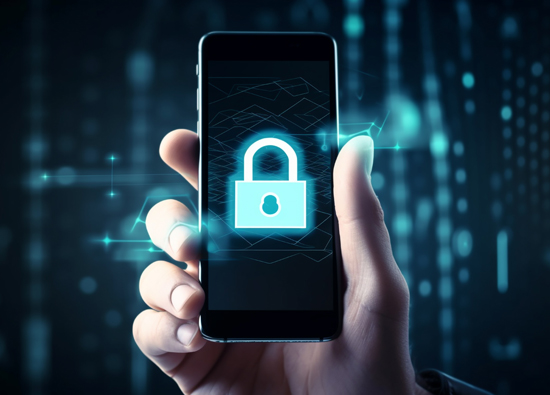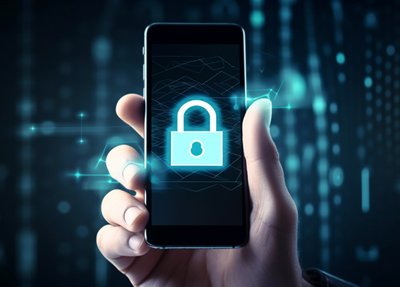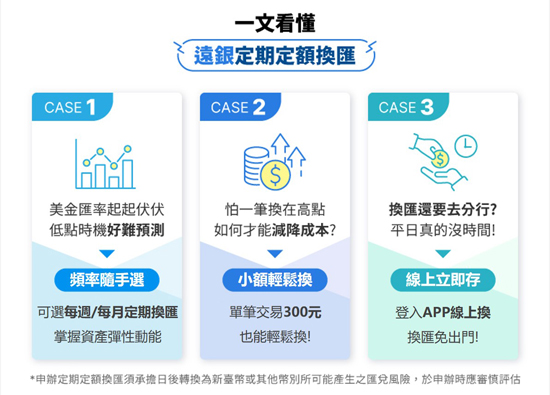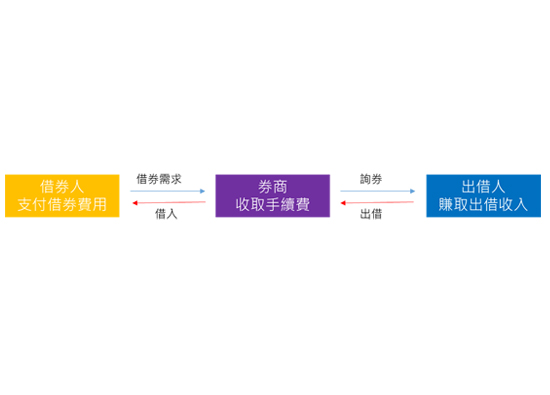11.2024 Life Guide
More Terrifying than Losing - Uncovering the Truth of Mobile Phone Security
Far Eastern New Century Corporation / Jian Junru


 Mobile phones are an indispensable tool in life. Once lost, in addition to losing money, the impact may be more of a risk of capital outflow. This issue of "Information Network" takes you through the movie "I thought it was just a phone drop" to understand why mobile phone security cannot be ignored and how to strengthen prevention in daily life.
Mobile phones are an indispensable tool in life. Once lost, in addition to losing money, the impact may be more of a risk of capital outflow. This issue of "Information Network" takes you through the movie "I thought it was just a phone drop" to understand why mobile phone security cannot be ignored and how to strengthen prevention in daily life.With one machine in hand, I have everything in the world
Please try to recall how you spent your day? In the early morning, wake up by the alarm clock on your phone and check for unread messages or quickly browse news; Then check the weather and decide what to wear for the day; When going out, turn on navigation to avoid congested traffic routes; After ordering lunch at noon, pick up your phone and use electronic payment to checkout, saving the trouble of finding cash; Take advantage of the short break time to browse social media platforms, check friends' updates or reply to messages; On the way out of work, play music on your phone and open the delivery platform to book dinner; Before going to bed, pick up your phone again, check your schedule for the next day, and set an alarm to prepare for tomorrow's life.
The machine is not in hand, there is no soul
This compact device, which combines functions such as alarm clock, navigation, payment, and entertainment, is clearly no longer just a communication tool, but has even become a personal mobile office. While it brings convenience, our lives are also unconsciously hijacked by it. As long as we don't bring our phones, we will feel anxious. Therefore, it is easier to overlook its potential security risks: using mobile phones frequently every day actually exposes personal privacy and data to various potential threats. The crisis that may arise from losing a mobile phone is even greater than you imagine.
Mobile phones leave, only sorrow remains
The South Korean movie "I Thought It Was Just a Mobile Phone Dropped" released in 2023 is themed around the impact of mobile phones on users. The female protagonist Nami is an ordinary office worker, but due to losing her phone, she was implanted with spyware by hackers who copied and stole information from her phone, manipulating her life behind her back. She even used social engineering techniques to send her father a spyware that appeared to track her daughter's whereabouts.
This type of attack is not uncommon in reality, as hackers can use malicious software to invade anyone's phone, steal personal information, and monitor usage behavior. In recent years, with the advancement of technology, it has become more refined, such as using fake technical support, bank customer service, or deepfakes to deceive users' trust and carry out malicious operations.
Mobile phones record a large amount of sensitive personal information, including social media accounts, bank accounts, company secrets, contact lists, etc. Once they fall into the hands of criminals, they can be used for identity theft, fraud, and personal life is more likely to be monitored by criminals like in a movie plot, which cannot be ignored.
The crisis is traceable
This movie is very thought-provoking, reminding everyone to reflect on the security risks of losing their mobile phones and pay attention to how to prevent threats. In the movie, although Nami fell into the trap of hackers, she actually had several opportunities to detect in advance that her phone was being improperly monitored. For example, abnormally fast power consumption and inexplicable overheating of mobile phones are all signs of being implanted with spyware or malicious applications. As the program continues to run, it consumes huge amounts of electricity and data, causing the phone to run out of power or heat up faster than usual. In addition, messages from unknown sources, unfamiliar notifications, or sudden increases in data usage are all signs of hacker intrusion. We urge everyone to remain vigilant and avoid becoming victims of mobile surveillance.
The Importance of Information Protection Awareness
The movie also reflects a key issue - that most people still lack awareness of mobile phone security. Without her knowledge, Nami allowed her phone to be hacked and installed with spyware, which may also be a mistake that many people make. Therefore, it is crucial to enhance one's awareness of information protection. Here are a few practical cybersecurity suggestions:
1. Strengthen device security settings: Set strong passwords or biometric functions (such as fingerprint and facial recognition), enable remote location and deletion functions, so that data can be quickly located or erased after the phone is lost.
2. Prevent spyware and malicious applications: Ensure that you only download apps from official app stores and check the permissions required for the apps. Regularly check the apps on your phone and delete unfamiliar or suspicious items.
3. Social engineering protection: Do not easily trust technical support phone calls, emails, or text messages from unknown sources. In case of suspected fraud, immediately contact official customer service for verification.
4. Regular backup and encryption: Develop the habit of regularly backing up mobile phone data and encrypting important files, so that even if the phone is lost or stolen, the data will not be easily leaked.
Write it after the ending
In the digital world, mobile phones are like Pandora's box, containing infinite possibilities, but also accompanied by invisible risks. The movie "I thought it was just a phone drop" reminds users through its dramatic plot that they must always be vigilant and cultivate good digital security habits in order to easily enjoy the convenience brought by technology and effectively protect themselves from online threats. Although the thrilling plot in movies may not necessarily occur in real life, having the ability to take charge of one's own digital security is a common goal that modern people should pursue.
*Image source: freepik
#




















